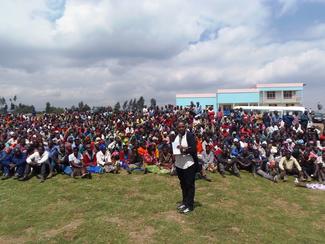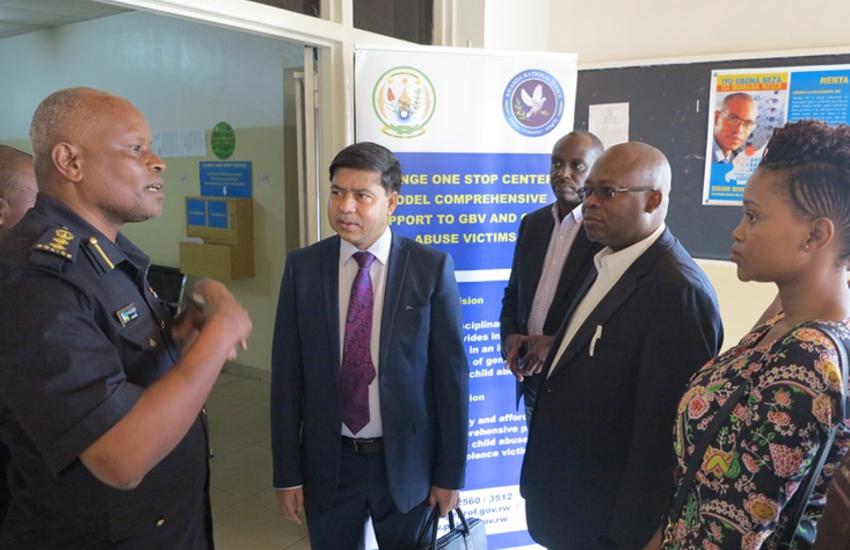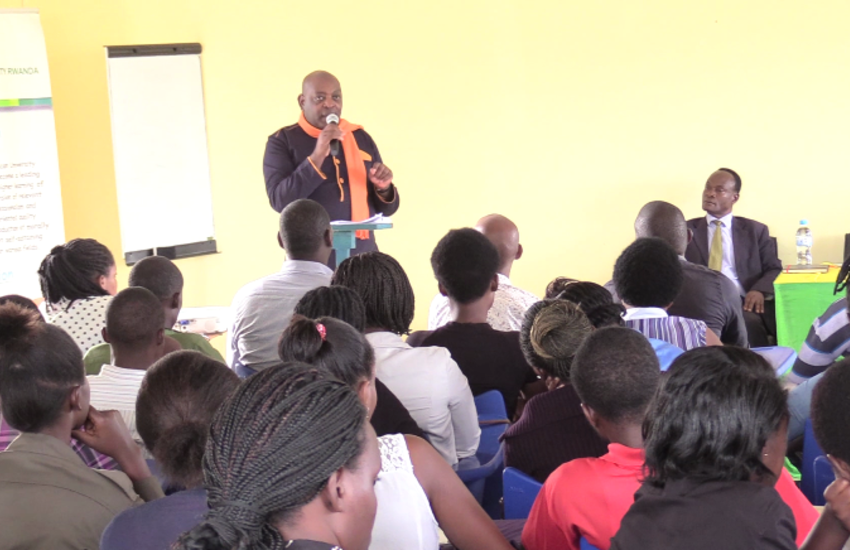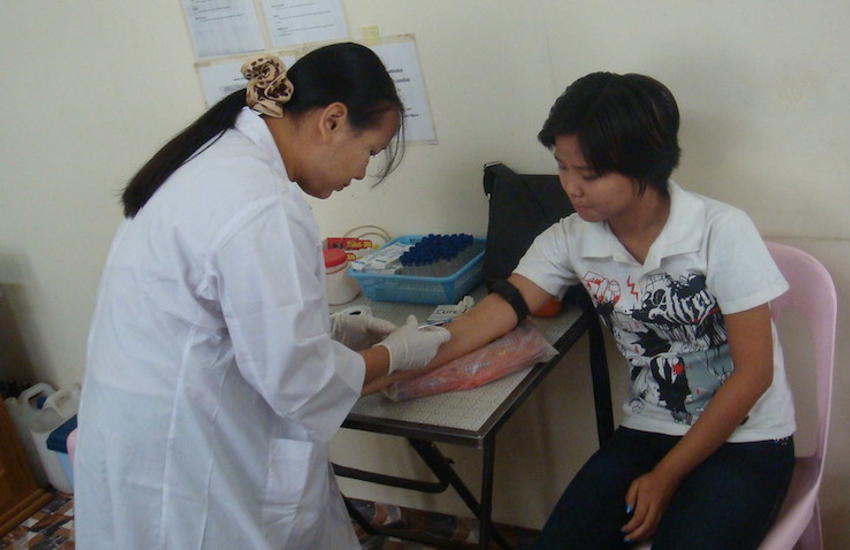Rwandan parliamentarians met with religious leaders on 24 June to sensitize them to their role in civil registration and vital statistics (CRVS). The outreach activity covered all 30 districts in the country and involved 65 MPs. It was supported by the IPU as part of its work with the Parliament of Rwanda on maternal, newborn and child health (MNCH).
During the outreach activity, religious leaders agreed to hold regular forums to discuss the importance of CRVS in sexual and reproductive health, as well as gender-based violence, illegal marriage and adolescent pregnancies. For their part, MPs will continue to involve more partners to help deal with these issues. Both religious leaders and MPs showed a strong commitment to helping to raise awareness.
Religious leaders were targeted because they are often partners in socioeconomic and development programmes. They own about 40 per cent of all health facilities in Rwanda and over 60 per cent of schools. The Rwandan Parliament is working with the Rwandan Interfaith Council on Health (RICH), which brings together Christian and Muslim leaders and collaborates with the government on health and population issues.
According to the last Rwanda Demographic and Health Survey, the birth registration rate for children under five was under 56 per cent. Based on discussions between the MPs and religious leaders, it was found that unregistered children often belong to single or adolescent mothers, polygamous couples and migrant workers who enter into temporary unions. As some people in remote areas were not aware of the new family law and its provisions on CRVS, one of the recommendations was to design a summary booklet about key provisions to inform people about the law.
In 2015 the parliament had conducted outreach activities to see how local leaders were using CRVS data in their socioeconomic planning and how administrative data, including CRVS, could contribute to better maternal and child health outcomes. Based on the findings, in December 2015 the parliament organized a consultative meeting with government institutions, senior officials and other national stakeholders, as well as international development partners, to look at how they could improve CVRS data.










